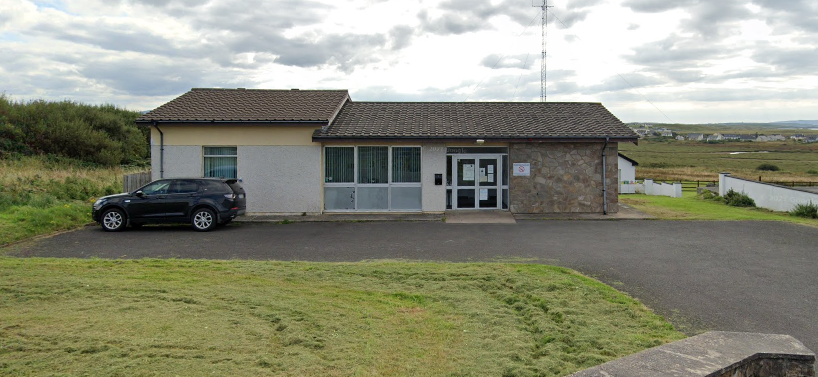Akido Labs Uses Meta’s Llama And Anthropic’s Claude To Diagnose Patients As AI System ScopeAI Promises Faster Medicaid Care

Patients in Southern California are receiving diagnoses and treatment plans generated by artificial intelligence through Akido Labs’ ScopeAI proprietary system, according to MIT.
The startup uses large language models to transcribe conversations between patients and medical assistants, suggest potential diagnoses, and propose treatment steps that physicians later review and approve.
How AI Is Changing Patient Appointments in Healthcare
ScopeAI relies on multiple LLMs, including Meta’s (NASDAQ: META) Llama and Anthropic’s Claude, which guide medical assistants through structured questions during the visit, MIT reported. The system creates a concise note for doctors that includes a primary diagnosis, two or three alternatives, and recommended next steps such as prescriptions or referrals.
Don’t Miss:
If there was a new fund backed by Jeff Bezos offering a 7-9% target yield with monthly dividends would you invest in it?
7 Million Gamers Already Trust Gameflip With Their Digital Assets — Now You Can Own a Stake in the Platform
“Our focus is really on what we can do to pull the doctor out of the visit,” Akido Labs Chief Technology Officer Jared Goodner told MIT.
Akido Labs CEO Prashant Samant added that this model allows doctors to see four to five times more patients compared to traditional clinics, a critical boost as aging populations strain health systems and Medicaid funding faces reductions.
ScopeAI is already active in cardiology, endocrinology, and primary care, along with Akido’s street medicine team serving Los Angeles’ homeless population.
Street medicine specialist Steven Hochman told MIT that the system allows him to deliver opioid treatment approvals remotely, helping patients receive medications within 24 hours, something he called “unheard of.”
Trending: Backed by $300M+ in Assets and Microsoft’s Climate Fund, Farmland LP Opens Vital Farmland III to Accredited Investors
AI in Healthcare Raises Concerns About Inequality and Oversight
The model works largely because Medicaid allows doctors to approve ScopeAI treatment plans after the fact. Other insurers often require direct doctor-patient interaction, which Emma Pierson, a computer scientist at the University of California, Berkeley, said could worsen disparities.
“I am broadly excited about the potential of AI to expand access to medical expertise. It’s just not obvious to me that this particular way is the way to do it,” Pierson told MIT.
Samant said the difference stems from how insurance rules are structured and added that faster AI-assisted visits may still benefit Medicaid patients who usually face long delays.
Other experts warned that patients may not realize how heavily algorithms guide their care. Zeke Emanuel, an oncology professor at the University of Pennsylvania, told MIT that patients could feel comforted by a human assistant while being unaware of AI’s influence on their treatment.
Harvard Law School Professor Glenn Cohen said any AI acting as a “doctor in a box” might require Food and Drug Administration approval and could conflict with California’s licensing rules, though Akido maintains that ScopeAI avoids that classification since doctors always review its outputs.
See Also: The ECG Hasn’t Changed in 100 Years — This AI Upgrade Could Help Detect Heart Disease Years Earlier
The Future of AI in Medicine and Patient Diagnostics
Akido said it has built safeguards against automation bias, training doctors to remain accountable while testing the system against historical data. The company reported that during those tests, ScopeAI identified the correct diagnosis among its top three suggestions 92% of the time before being used in clinics.
Still, the startup has not run large-scale outcome studies comparing ScopeAI appointments with standard in-person or telehealth visits. “Making medical care cheaper and more accessible is a laudable goal. But I just think it’s important to conduct strong evaluations compared to that baseline,” Pierson told MIT.
For now, Akido’s blend of AI and medicine continues to expand across Southern California, offering faster access for Medicaid patients.
Read Next: Have $100k+ to invest? Charlie Munger says that’s the toughest milestone — don’t stall now. Get matched with a fiduciary advisor and keep building



